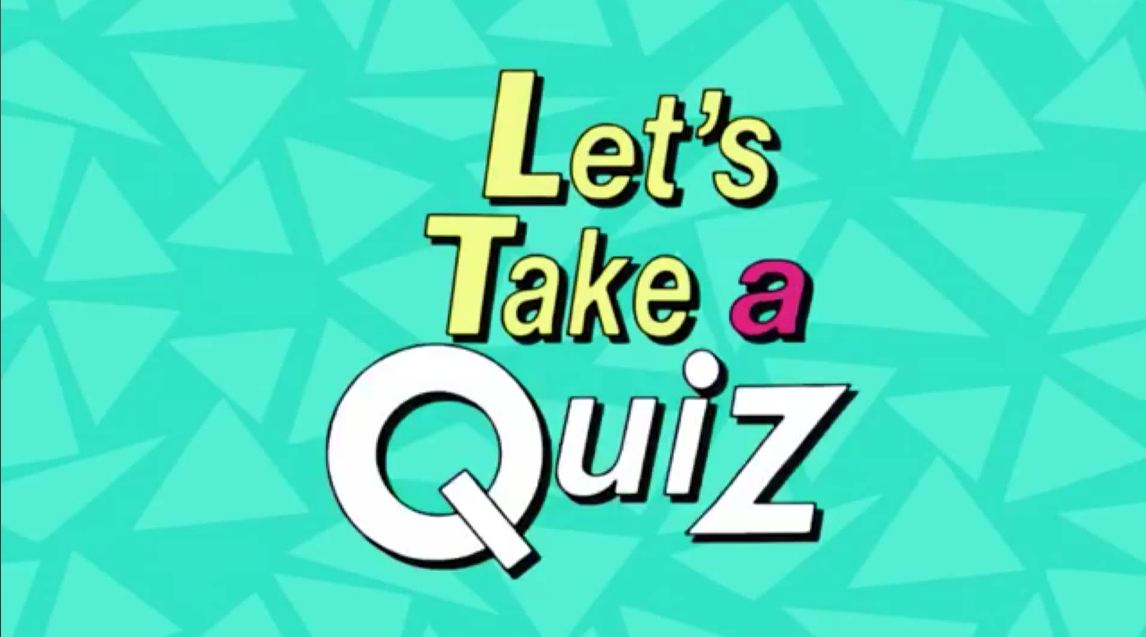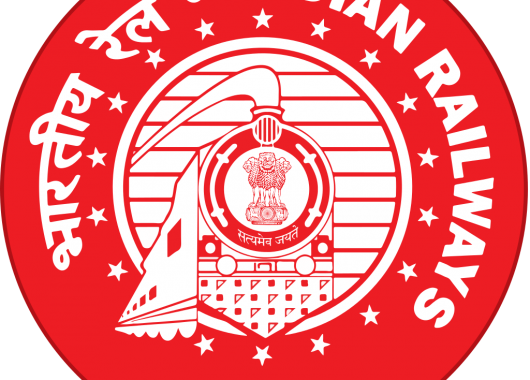Latest Schemes by Government – Part 2
Want to Become a Bank, Central / State Govt Officer in 2020?
Join the Most awarded Coaching Institute & Get your Dream Job


Now Prepare for Bank, SSC Exams from Home. Join Online Coure @ lowest fee
Lifetime validity Bank Exam Coaching | Bank PO / Clerk Coaching | Bank SO Exam Coaching | All-in-One SSC Exam Coaching | RRB Railway Exam Coaching | TNPSC Exam Coaching | KPSC Exam Coaching
Latest Schemes by Government – Part 2
Pradhan Mantri Awas Yojana (PMAY)
Launched: Ministry of Housing Urban and Poverty Alliviation.
Launch year: 2015.
Outlay: 2 trillion.
Target: To build 2 crore houses for 305 cities in 9 states by 2022.
Sector: Housing.
Main Objective: Under this scheme, the government will provide financial assistance to the poor home buyers, interest subsidy on home loan and direct subsidy on homes bought under the scheme.
Pradhan Mantri Fasal Bima Yojana (PMFBY)
Launched: Ministry of Agriculture
Launched: 2016
Outlay: Rs. 17,600 crore
Sector: Crop Insurance
Premium paid by farmers:
i) 2% for Kharif crops ii) 1.5% for Rabi crops
Main Objective: In order to make crop insurance simpler and cheaper for the farmers and to provide them with better insurance services.
Pradhan Mantri Gram Sinchai Yojana (PMGSY)
Launched: Ministry of Agriculture
Period: 2015 to 2020
Outlay: Rs. 5,000 crore for next 5 years
Target: Irrigation project, Soil Health Card
Main Objective: The scheme is aimed to attract investments in irrigation system at field level, develop and expand cultivable land in the country, enhance ranch water use in order to minimize wastage of water, enhance crop per drop by implementing water-saving technologies and precision irrigation.
Pradhan Mantri Garib Kalyan Yojanaye (PMGKY)
Launched: Ministry of Finance
Launch year: 2015
Scheme will start from Dec 17 and run until March 31
Main Objective: A Poverty Alleviation Scheme, which implement the pro-poor schemes in more effective way.
Pradhan Mantri Jan Aushadhi Yojana (PMJAY)
Launched: Ministry of Chemistry and Fertilizer
Launch year: 2016
Replaced: Jan Aushadhi Yojana
Main Objective: Provides drugs/medicines at affordable cost across the country.
Under the scheme, over 500 medicines will be sold through Jan Aushadhi stores at price less than the market price. Private hospitals, NGO’s, and other social groups are eligible to open the Jan Aushadhi stores with a onetime assistance of Rs. 2.5 Lakh from the central Government.
Kisan Vikas Patra
KPV are regulated by KVP Rules 2014, Scheme is available through Post Offices and those banks that are authorized to operate PPF scheme.
Denomination: Rs.1000, Rs.5000, Rs.10000 and Rs.50000
Maturity period: 112 months.
Rate of interest: Rs.1000 becomes double during the maturity period.
1. Nomination facility, 2. pledge for loan facility and 3. pre-mature payment after 2 years and 6 months subject to certain conditions, is eligible.
National Saving Certificates (NSCs)
NSCS are certificates issued by Govt of India and are available at all post office counters.
Maturity: 5 (10 years — discontinued Dec 2015).
Denomination: Rs 100, Rs 500, Rs 1,000, Rs 5,000 and Rs 10,000.
Max amount of investment: No upper limit.
Who can purchase: Individuals, singly or jointly or on behalf of minors. Trust and HUF cannot invest.
Nomination: One person. For denomination above Rs. 100, more than one person can be nominated.
PUBLIC PROVIDENT FUND
It is operated by SBI/selected banks and post offices.
Contribution: Min Rs.500 and max Rs.150000 p.a. w.e.f.1.04.2014 (max 12 instalments in a year). Account can be opened with initial deposit of Rs.100.
Period: 15 years. It can be extended by 5 years at the request of the subscriber.
Interest for any amount and fresh deposit up to Rs.1 lac, qualify for income tax rebates.
Interest is 8.7% (1.4.15) allowed on the minimum balance between 5th and last day of the month.
Deen Dayal Upadhyaya Grameen Kaushalya Yojana (DDUGKY)
Launched: Ministry of Rural Development
Launch year: 2014
Outlay: Rs. 15,000 Cr
Age: 15-35 years
Sector: Skill development
Main Objective: To achieve inclusive growth, by developing skills and productive capacity of the rural youth from poor families.
Aims to train rural youth who are poor and provide them with jobs having regular monthly wages.
To promote rural livelihoods.
It is a part of the National Rural Livelihood Mission (NRLM) – the Mission for poverty reduction called Aajeevika.
PRASAD (Pilgrimage Rejuvenation and Spiritual Augmentation Drive)
Main Objective: Develop world class tourism infrastructure in Amritsar, Ajmer, Amaravati, Dwaraka, Gaya, Kanchipuram, Kedarnath, Kamakhya, Mathura, Puri, Varanasi and Vellankani.
PRASAD scheme aims to create spiritual centres for tourism development within the nation. As part of mission strategy, religious destinations that have potential to be show-cased as world-class tourism products are identified and infrastructure is developed on a priority basis.
National Heritage City Development and Augmentation Yojana (HRIDAY)
Launched: Ministry of Urban Development
Launch Year: 2015
Outlay: 500 Cr.
Target: March 2017 in 12 cities
Sector: Urban Development
Main Objective: Bringing together urban planning, economic growth and heritage conservation in an inclusive manner to preserve the heritage character of each Heritage City.
The Scheme is being implemented in 12 identified Cities namely, Ajmer, Amaravati, Amritsar, Badami, Dwarka, Gaya, Kanchipuram, Mathura, Puri, Varanasi, Velankanni and Warangal. The scheme is implemented in a mission mode.
Startup India, Standup India
Loan amount: 10 Lakh to 10 crore
Aim: To provide financial assistance to women and Scheduled Caste and Scheduled Tribe Enterprenuers.
Main Objective: To provide support to all start-up businesses in all aspects of doing business in India.
Under the scheme, the start-ups will adopt self-certification to reduce the regulatory liabilities. An online portal, in the shape of a mobile application, will be launched to help start-up founders to easily register.
UJWAL Discom Assurance Yojana (UDAY)
Launched: Ministry of Power
Launch Year: 2015
Sector: Electricity
Main Objective: To obtain operational and financial turnaround of State owned Power Distribution Companies (DISCOMs).
The Scheme aims to reduce the interest burden, reduce the cost of power, reduce power losses in Distribution sector, and improve operational efficiency of DISCOMs.
In January 2017, Tamil Nadu became the 21st state to join the UDAY scheme. According to the Power Ministry, with Tamil Nadu joining the scheme, 92% of the country’s DISCOM debt has been covered by UDAY.
Setu Bharatam Project
Launched: Prime Minister
Outlay: Rs. 50,000 crore
Target: To build bridges for safe and seamless travel on National Highways.
Main Objective: To free all national highways from railway level crossings and renovate the old bridges on national highways by 2019.
Under this 208 new “road over bridges / road under bridges” are envisaged for construction, while 1500 bridges will be widened, rehabilitated or replaced.
National Apprenticeship Promotion Scheme (NAPS)
Implemented by: Ministry of Skill Development and Entrepreneurship (MSDE).
Outlay: Rs. 10,000 crore
Target: To train 50 lakh apprentices by the year 2019-20.
Sector: Skill Development
Under the scheme, the government will incentivize employers to engage apprentices. 25% of the total stipend payable to an apprentice would be shared with employers directly by Government of India.
The scheme also provide basic training, which is essential component of apprenticeship training. 50% of the total expenditure incurred on providing basic training will be provided by the union government.
Pradhan Mantri Surakshit Matritva Abhiyan (PMSMA)
Launched: Ministry of Health and Family Welfare
Launch year: June 9, 2016
Target: The pregnant ladies will be given free health check-up and required treatment for free on 9th of every month.
Main Objective:
Boosting the health care facilities for the pregnant women, especially the poor.
Lowering the maternity mortality rate.
Making sure safe delivery and healthy life of the baby.
‘Lucky Grahak Yojna’ and ‘Digi Dhan Vyapar Yojna’
Aim: To incentivize digital transaction so that all sections of the society, especially the poor, lower middle class and small businesses adopt digital payment mode.
Launched: NITI Aayog
Launch Year: December 15, 2016
Lucky Grahak Yojana (Consumers)
As per the lucky draw scheme, daily reward of Rs 1000 will be given to 15,000 lucky consumers for a period of 100 days
Besides, weekly prizes worth Rs 1 lakh, Rs 10,000 and Rs. 5000 will be given to consumers who use the alternate modes of digital Payments
This will include all forms of transactions viz. UPI, USSD, AEPS and RuPay Cards but will for the time being exclude transactions through Private Credit Cards and Digital Wallets.
3 Mega Prizes for consumers worth Rs 1 cr, 50 lakh, 25 lakh for digital transactions conducted between 8th November, 2016 to 13th April, 2017 to be announced on 14th April, 2017
Digi-Dhan Vyapar Yojana (Merchants)
Under the scheme, merchants will get weekly prizes worth Rs. 50,000, Rs 5,000 and Rs. 2,500
3 Mega Prizes for merchants worth Rs 50 lakhs, 25 lakh, 12 lakh for digital transactions conducted between 8th November, 2016 to 13th April, 2017 to be announced on 14th April, 2017.
Vittiya Saksharata Abhiyan
Launched: Union Ministry for Human Resource Development (HRD)
Objectives: To make people aware about cashless economic system and to create awareness among people about digital economy and cashless modes of transactions. It is campaign by Higher Educational institutions for digital economy.
Under this, young students and faculty members will be roped to encourage and motivate people to use a digitally enabled cashless economic system for transfer of fund.
For active participation of youth and faculty, HRD Minister also launched a webpage where students can register themselves.
On this website, students and faculty members also can provide their feedback and suggestions on the initiative as well as upload the progress of their work.
Operation Clean Money
Launched: Income Tax Department
Objectives: It is an e-platform to analyse large cash deposits made during the demonetisation window (9 November to 30 December 2016).
Under this, e-verification of large cash has been done using data analytics for comparing the demonetisation data with information in ITD databases.
In the first batch of the operation, around 18 lakh persons have been identified in whose case, cash transactions do not appear to be in line with the tax payer’s profile.
It comprises account-holders whose deposits did not match their incomes, as per data with the IT department, will be alerted on their e-filing portals.
Target Olympic Podium (TOP) scheme
Launched: Sports Ministry reconstitutes committee to identify athletes under TOP Scheme.
Committee head: Abhinav Bindra
Committee members: Anil Khanna, Prakash Padukone, Karnam Malleshwari, P. T. Usha, Murlidhar Raja, Anjali Bhagwat, Rekha Yadav, Dr. S.S. Roy and Inder Dhamija.
Objectives: Identifying and supporting potential medal prospects for 2020 and 2024 Olympic Games.
The committee will select elite athletes to provided financial assistance for their customized training at Institutes having world class facilities and other necessary support.
Atal-Amrit Abhiyan
Launched: Assam Govt
Outlay: Rs. 200 crore
Aim: A health insurance scheme to provide coverage against several critical illnesses.
Objectives: To make quality health care affordable to every individual member of a family in the state.
Under the scheme Both Below Poverty Line (BPL) and Above Poverty Line (APL) families with annual income below Rs 5 lakh are eligible to avail benefit.
Cashless cards will be provided to eligible individuals to avail treatment for as many as 437 diseases under six categories at most major hospitals across the country.





